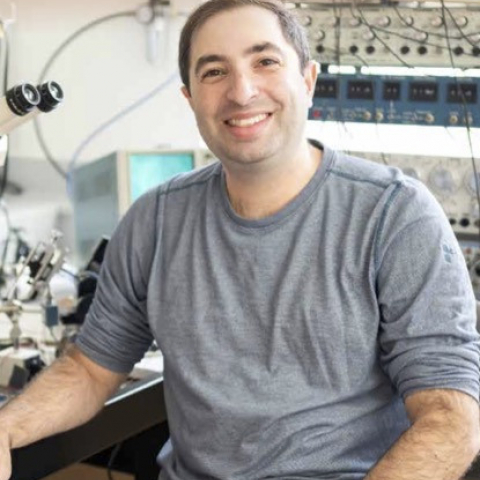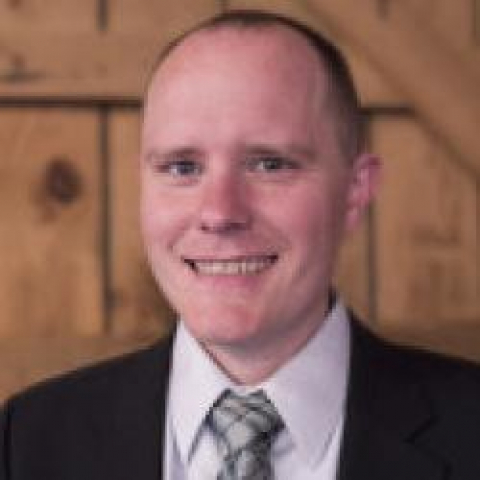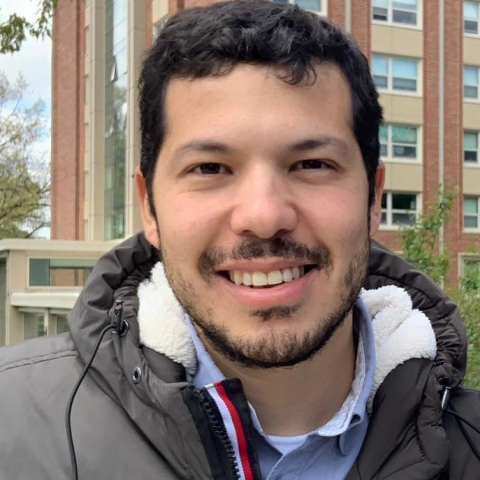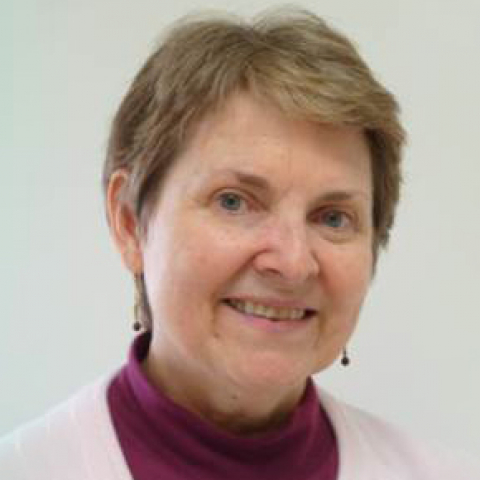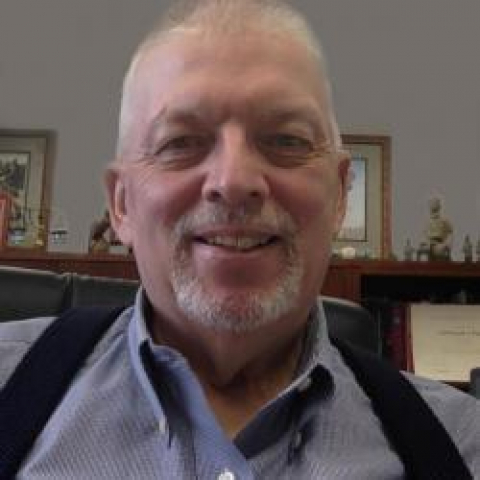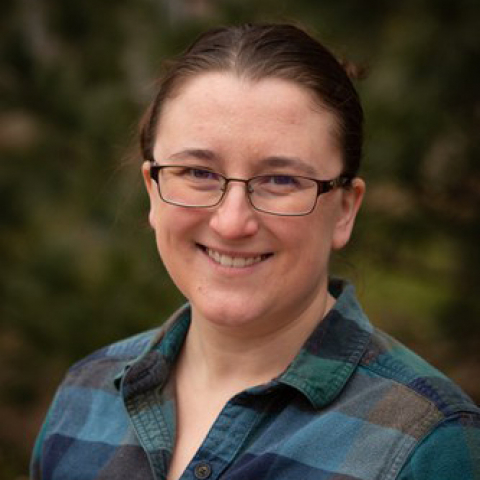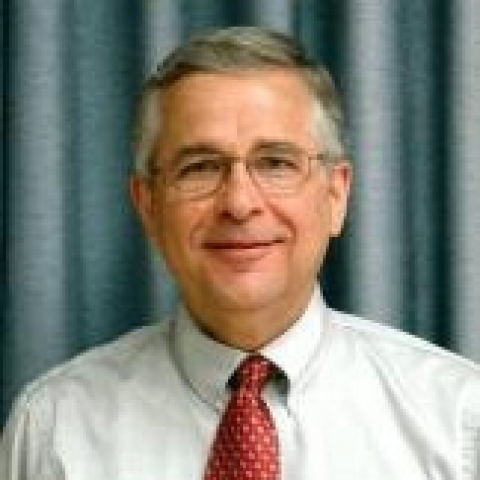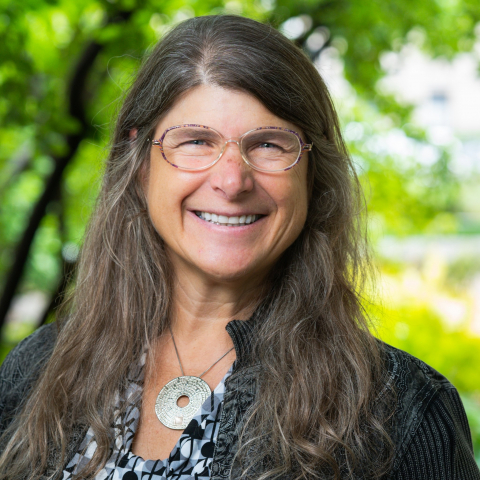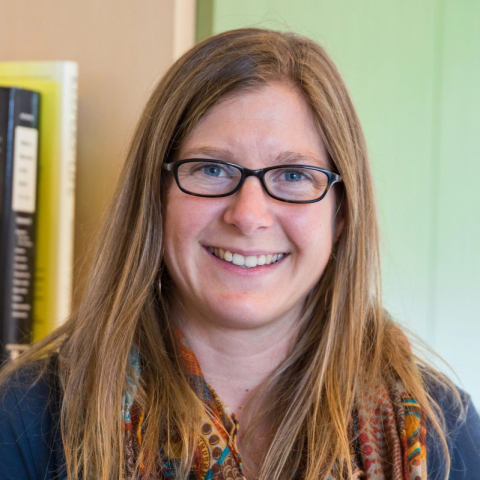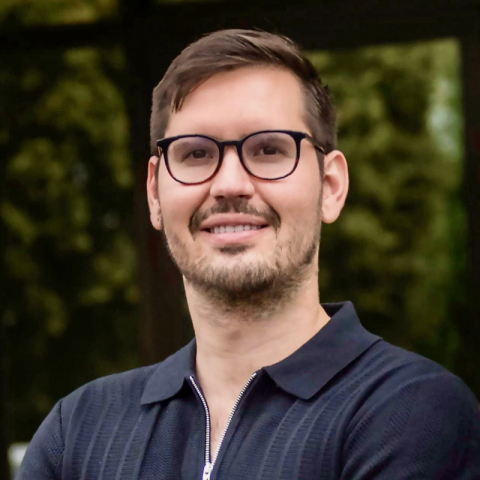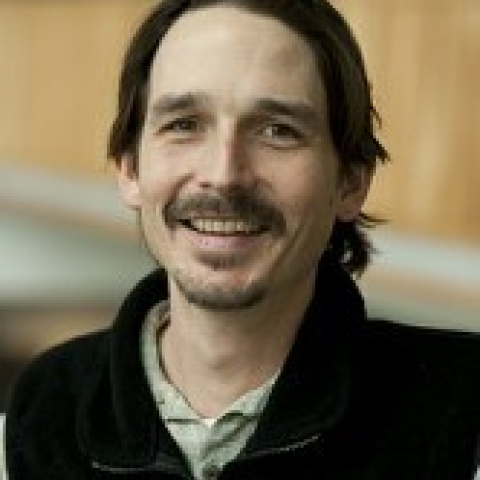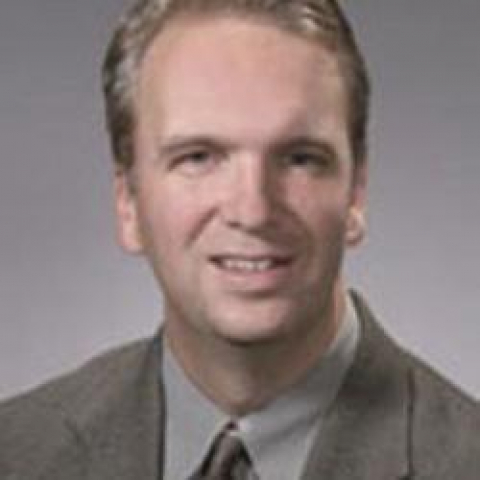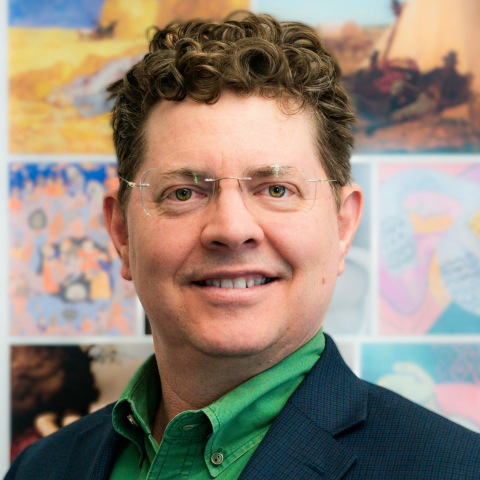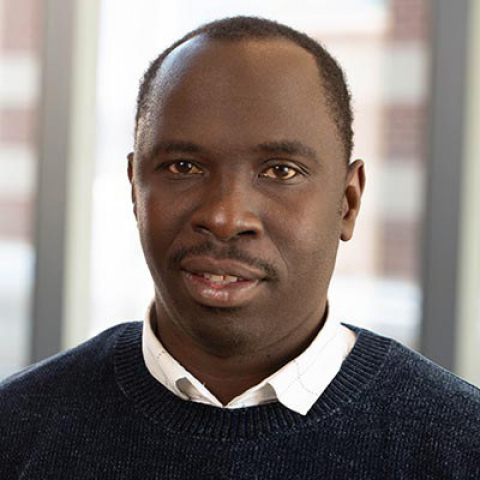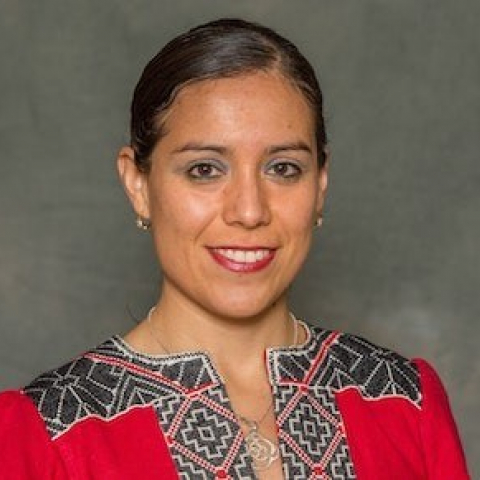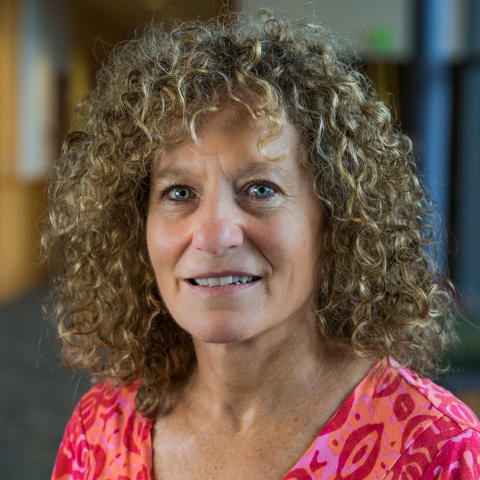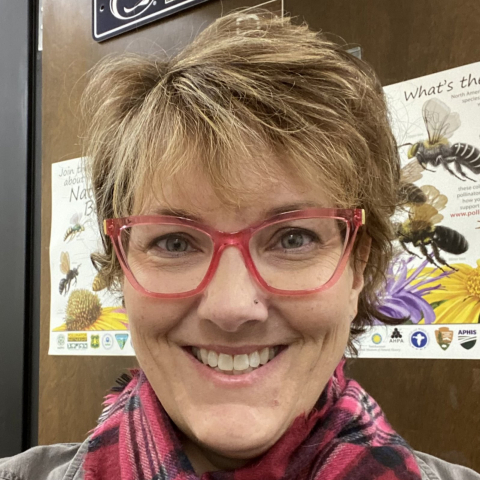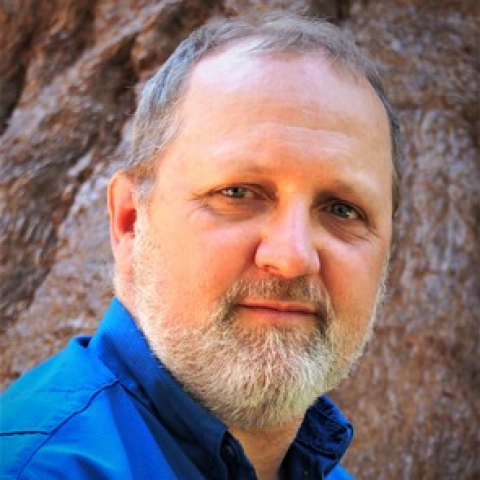People: Faculty
Justin Brown
Professor of Biomedical Engineering
Understanding the fundamental mechanisms by which biomaterial interfaces alter the proliferation, migration and differentiation of mesenchymal stem cells, and application of these principles in the intelligent design of biomaterial scaffolds that facilitate generation or regeneration of musculoskeletal tissues
Kathleen Brown
Professor of Plant Stress Biology
Regulation of root development. Root responses to edaphic stress. Identification and genetic mapping of traits for adaptation to edaphic stress.
Caio Brunharo
Assistant Professor of Weed Science
Weed adaptation to agricultural practices and climate change; Weed biology, ecology, and evolution; Abiotic stress; Herbicide resistance.
Mary Ann Bruns
Professor of Soil Microbiology and Biogeochemistry; Faculty-in-Charge of Microbiome Sciences Dual-Title Degree Program
Compositions and functions of microbiomes in agriculture, ecological restoration, and engineered systems for ecosystem service provision and climate change adaptation
Donald Bryant
Ernest C. Pollard Professor of Biotechnology; Professor of Biochemistry and Molecular Biology
Photosynthesis, structure-function relationships of proteins, gene regulation, and microbial physiology. Cyanobacteria and green sulfur bacteria. Genomics of photosynthetic bacteria.
Marcia Buanafina
Research Professor of Biology
Using different grass species and plant measurements to understand cell wall feruloylation. Expression of fungal cell wall-degrading enzymes in plants in order to test if their expression can assist the digestion of polysaccharides and improve the nutritional properties of grasses as a ruminant feed or as a bioenergy crop
Franny Buderman
Assistant Professor of Quantitative Wildlife Ecology
Quantitative ecology, with a focus on the demography, space-use, and movement of wildlife.
Carolee Bull
Professor of Plant Pathology; Bacterial Systematics Head; Director of Microbiome Sciences Dual-Title Degree Program
Bacterial systematics, epidemiology, and population biology of bacterial plant pathogens and biological control agents to develop alternatives to synthetic chemicals for plant disease management
Liana Burghardt
Director of the Center for Root and Rhizosphere Biology; Huck Early Career Chair of Root Biology and Rhizosphere Interactions; Assistant Professor of Plant Science
Plant-microbe-climate interactions; the evolution and ecology of legumes and nitrogen-fixing rhizobia; the genomic basis and environment dependence of root, nodule, and mutualism traits; GWAS/transcriptomics/evolve & resequence methodologies
Juan Pablo Gevaudan Burgos
Assistant Professor of Architectural Engineering
Conventional and low-CO2 concrete technology, durability science of cementitious materials, cement chemistry, extra-terrestrial applications, automated construction, advanced materials manufacturing and characterization of cement-based materials.
Katie Burkhouse
Associate Professor
Dr. Burkhouse’s program of research broadly focuses on identifying behavioral-brain risk phenotypes and preventive interventions for youth depressive disorders. Much of this work focuses on utilizing multiple levels of analysis (i.e., behavioral, ecological momentary assessment, EEG, fMRI) to identify cognitive-affective and reward processing styles involved in the transmission of depression from parents to their offspring. A second focus of her research involves applying this mechanism-based work to prevention efforts for youth at high risk for internalizing disorders. The ultimate goal of this work is to improve the identification and prevention of internalizing disorders in children and adolescents.
Kristin Buss
McCourtney Professor and Head of Psychology
The complex systems involved in the development of emotion, emotion regulation, temperament, and adjustment from infancy to early adolescence
Peter Butler
Professor of Bioengineering
Fundamental molecular mechanisms by which vascular endothelial cells sense the forces from flowing blood and transduce this mechanical information into adjustments of cell and tissue biology.
Orfeu Buxton
Elizabeth Fenton Susman Professor of Biobehavioral Health
The causes of chronic sleep deficiency in the workplace, home, and society; the health consequences of chronic sleep deficiency, especially cardiometabolic outcomes, and the physiologic and social mechanisms by which these outcomes arise. Successful aging is a central focus of this work. Ongoing interdisciplinary human studies involve sleep loss, aging, and insomnia, as well as health disparities.
Laura Cabrera
Huck Early Career Chair in Neuroethics; Associate Professor of Engineering Science and Mechanics
The ethical and societal implications of neurotechnologies used for treatment as well as for enhancement purposes.
Margherita Cantorna
Director of the Center for Molecular Immunology and Infectious Disease; Distinguished Professor of Molecular Immunology
Understanding the working of the immune system. Utilizing animal models of several human diseases including enteric infections and inflammatory bowel disease to determine the cellular targets and molecular signals by which dietary components regulate immunity.
